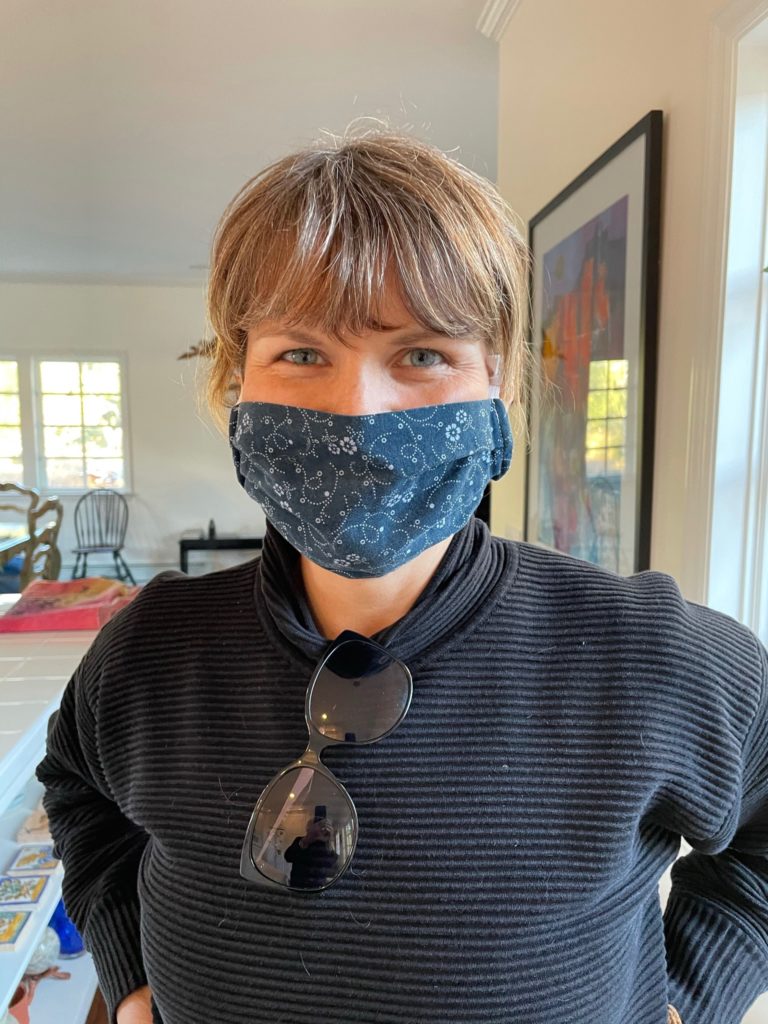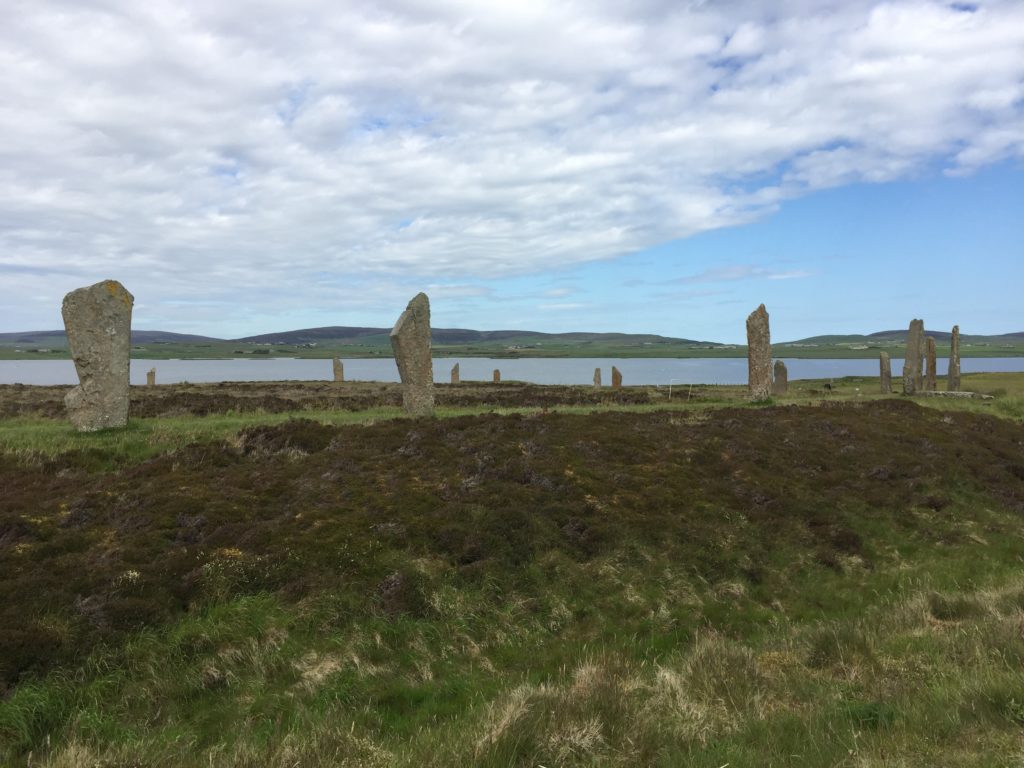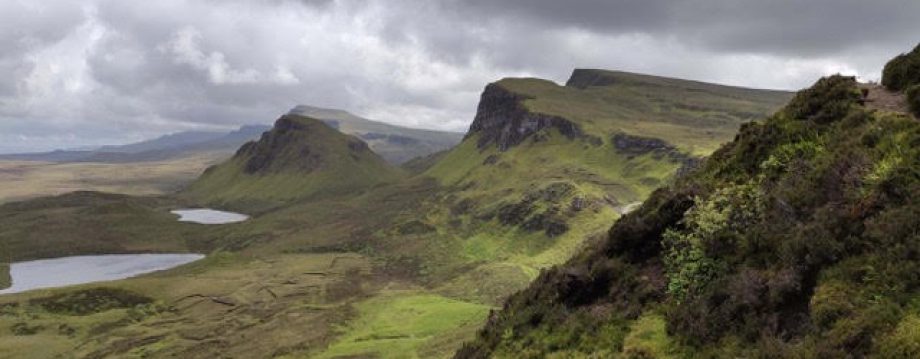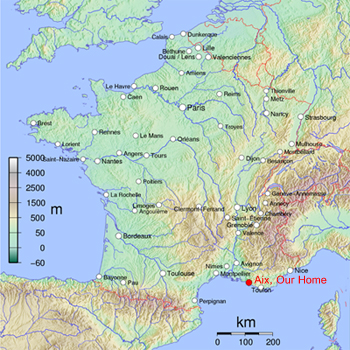Entering a local coffee shop to grab-and-go a favorite drink I’m startled by the barista’s greeting: “Hi Karen, how’s your day going?” Wait! How did she know it was me behind my mask? In my mind’s eye I’m anonymous, slightly invisible. Even after nine months of wearing a mask, this disjunction between what I imagine and what is real hasn’t lessened. I try to understand how we are known, what distinguishes each us behind this protective covering?
Masks have served many purposes. At Halloween or for a Bal Masqué a mask can invite dance and play, even romance. And if you really love masks, Mardi Gras provides a wonderful opportunity to devise an elaborate new persona to present to the world for a few hours or days.
But today a mask has become a necessary adornment to venturing outside one’s home. It is intended to provide mutual protection against the COVID-19 virus that is raging everywhere across the world, especially in the U.S., and even in my little California coastal town.

As you can see, my friend Nan is certainly not disguised or anonymous in her mask, and hopefully her health is protected by it. Yet I wonder, what is it that I see as she wears her mask that so clearly tells me, here is Nan.
At this time of public health crisis, many of us are feeling very vulnerable, isolated, and invisible. We understand that our lives may be in danger. But that reckoning doesn’t match up for many others. They are not prepared to accept this deadly virus-stranger into their lives. They stand boldly, face unmasked, daring the unseen threat to approach them. They exude a defiant sense of righteousness and power. I encounter such people every day, and I haven’t yet found a way to bridge the chasm between their choice not to wear a mask and my choice to wear one. The difference feels essential, existential. And I wonder what are the deeper underpinnings of our differences?
Which brings me back to Scotland and a question of the soul.

What? How did we get back here? Why are we standing beside the naked, unprotected Standing Stones of Stenness that have endured over 5,000 years on this remote island off the north coast of Scotland? For me, the Standing Stones seen here and in many places in Scotland and England, are one representation of ThroughLines. They speak of the endurance of a simple will to live and to mark one’s time and place on the earth. They affirm the unknowable, the unspeakable. And the sheer magnitude of the task to gather them, move them, and place them in intentional patterns attests to the depth of their meaning to the people who placed them there. It seems to me that they are an expression of the soul of a people, a Throughline. And when one stands before them, one can feel a deeper conversation emerging that collapses time and distance: a conversation of souls.
In the current political life of America, the media has recently reported that we are engaged in “a battle for the soul of America.” What does that mean? What are the representations of the soul of America? We are a young people in our present incarnation. Yet we have a history on this land that extends more than 5,000 years, whose representations can be found in artifacts and remains that are largely hidden. However, in present times we do not engage in conversation with “the soul of our country” as our Native American elders did, or as many have done with the Standing Stones of Stenness on Orkney Island. We don’t have time for that, one might say. Many may sympathize with the farmers on the bleak Scottish islands who keep turning up more ancient stones as they plow new acreage. What a nuisance to stop and accede to a new archeological dig. Yet it is deeply understood that one ignores such representations of the soul of a country at one’s peril. Collectively we need to access that wisdom.
It seems to me that as a country we are lacking in such essential wisdom and the courage to patiently “dig” for it. We really don’t know what our soul is, nor do we care to find out. We just want to fight. We want to upend, scrape, blow the top off, burn, and drill our way to short-term gains for our “body politic” without understanding why. And how can we know, if we are so disconnected from the core of ourselves? A mask may be able to protect us from a virus that can attack our bodies, but it cannot protect the soul from the damage that can be caused by neglect, disinterest, and a frank unwillingness to acknowledge its importance, even its existence.

